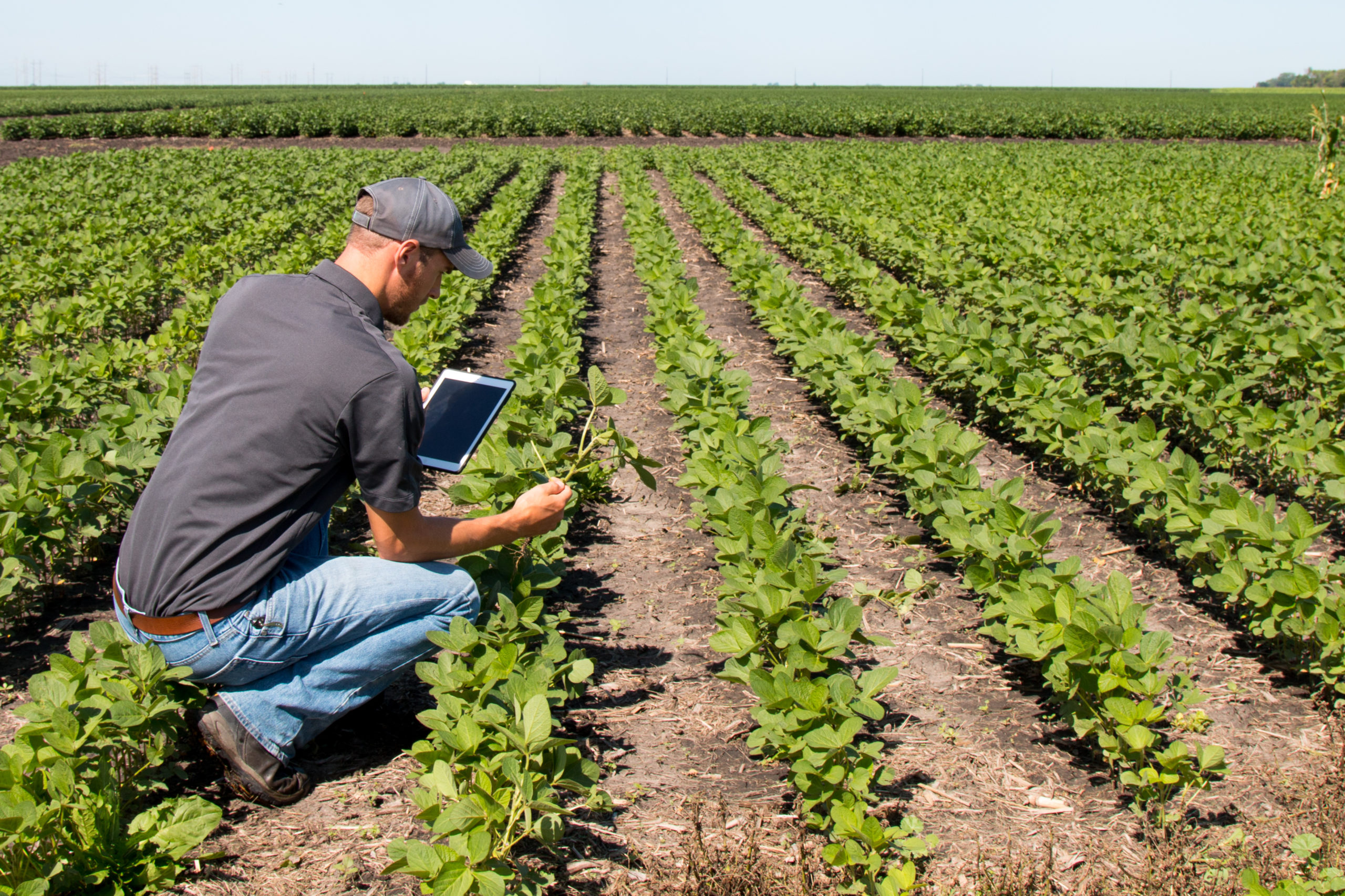In recent years AI has gone from being a futuristic buzzword to a part of everyday life. It’s easy to forget just how much artificial intelligence is already around us. From virtual assistants to Amazon purchasing suggestions, AI has become an integral part of consumer tech. But are some things too important to leave to a machine?
Many of the big tech companies are investing heavily in AI as a medical diagnostic tool. They argue that powerful computers will be able to diagnose symptoms earlier and with greater accuracy, giving patients a better chance of recovery. But will this work in practice? Will AI improve diagnosis whilst saving health services millions of pounds, or will it eliminate the human element of medicine altogether, possibly leaving us worse off in the process? Let’s find out.
Saving the NHS?
Detecting heart disease is a tricky business. The most common method is to listen to a scan of the patient’s heartbeat in order to detect any irregularities that might point to a problem. Cardiologists are highly trained to spot the signs of heart disease but this method is still only about 80% accurate. Last year in the UK, of the 60,000 heart scans performed, 12,000 were misdiagnosed. Missing the early signs of heart disease costs the NHS an estimated £600 million a year in unnecessary operations and emergency procedures on people who have had a heart attack after being given the all-clear.
Earlier this year, researchers at the John Radcliffe Hospital in Oxford began trialling a system for diagnosing heart disease using AI. The Ultromics system was fed data from over 1000 heart scans conducted at the hospital over the last seven years along with information about whether those patients went on to experience heart problems. The full results of the trial have yet to be released but the team behind it claim that the system’s success rate is over 90%, a significant improvement on the 80% success rate of human cardiologists. Professor Paul Leeson, one of the cardiologists behind the system, is the first to admit that it can outperform him:
“As cardiologists, we accept that we don’t always get it right at the moment. But now there is a possibility that we may be able to do better.”
Ultromics will be available for free to the NHS from this summer and has the potential to save the organisation millions of pounds.
Similar technology could also be used to spot lung cancer at an earlier stage. Doctors currently have to search for clumps of cells called nodules, but have no way of knowing whether these will become cancerous or not. This means that a patient usually has to undergo multiple scans before a diagnosis can be given. Oxford-based startup Optellum has designed a system which uses AI and machine learning to analyse a huge dataset of previous patients in order to spot which nodules will go on to become cancerous. Sir John Bell, who led a recent government review into the future of UK health services, concluded that AI could “save the NHS”.
What are the drawbacks?
Despite its potential, there are still reasons to be sceptical about AI as a diagnostic tool. One of the main problems is security. AI diagnostic systems will only work if they have access to huge amounts of patient data, most of which is likely to be stored in cloud systems. These could be vulnerable to hackers, putting the confidential information of millions of patients at risk. Furthermore, a great deal of AI diagnosis will be based on visual clues, meaning that patient’s identities can’t always be protected. As radiologist Luke Oakden-Rayner puts it, “You can’t blur out a patient’s face if the system analyses the face for signs of disease.”
Another issue is accountability. Who is to blame if an AI misdiagnoses a patient? A doctor can’t be blamed for following the advice of an AI and, thanks to the often opaque nature of algorithms, it can be impossible to determine why an AI has made a mistake. Writing for Quartz, Robert Hart argues that this could lead to an accountability vacuum:
It’s impossible to understand why an AI has made the decision it has, merely that it has done so based upon the information it’s been fed. Even if it were possible for a technically literate doctor to inspect the process, many AI algorithms are unavailable for review, as they are treated as protected proprietary information. Further still, the data used to train the algorithms is often similarly protected or otherwise publicly unavailable for privacy reasons. This will likely be complicated further as doctors come to rely on AI more and more and it becomes less common to challenge an algorithm’s result.”
In previous articles we’ve talked about the pitfalls of treating machines as infallible and the same thing applies here. AIs should be treated as advisory but they mustn’t be venerated to the point that doctors are afraid to trust their own expertise in cases where they disagree.
Helping you to change the world
AI is at its most effective when it complements the uniquely human skills of those using it rather than attempting to replace them altogether. It’s too early to say whether AI will become our preferred method of diagnosis but, if it is implemented correctly, it certainly has the potential to vastly improve patient outcomes.
If your company is working to improve medical diagnoses using technology, you should consider applying for an Innovate UK grant. Applications are currently open for the first round of the 2018 Biomedical Catalyst competition. Up to £4 million in funding is available for projects that involve “the development of innovative healthcare products, technologies and processes.” One of the key areas of the competition is ”earlier and better detection and diagnosis of disease, leading to better patient outcomes.”
The grants are awarded on a competitive basis so only the most eye-catching applications will succeed. That’s where we can help. Our experts can guide you through the entire process and make sure you stand the best possible chance of success.
Get in touch today and let’s get started!






